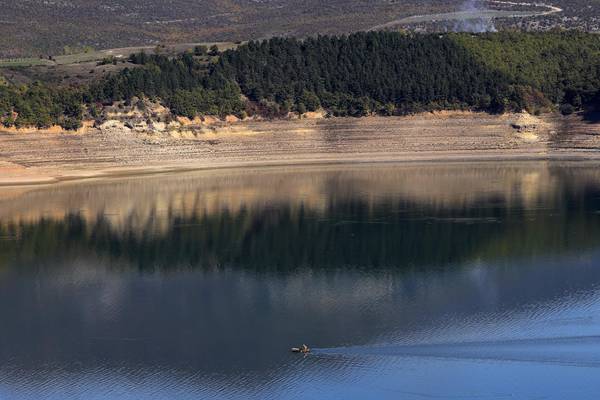(ANSA) - PISA, SEPTEMBER 3 - Recent studies on core drillings
and pollens in Lake Ohrid, the oldest in Europe, between Albania
and Macedonia, lead a pool of scholars from some Italian
universities to conclude that the seasons will be more and more
extreme, with hot and dry summers, and greater autumn
instability due to heavy rainfall especially between September
and December.
This could be the future climate trend in the Mediterranean
basin, due to global warming emerging from the study of the
sediments of Lake Ohrid. The study is conducted by an
international consortium led by Bernd Wagner, professor at the
University of Cologne (Germany) and coordinated by Giovanni
Zanchetta, University of Pisa (Italy).
"The forecasts based on the physical-mathematical climate
models in the Mediterranean basin after the occurrence of global
warming - says Zanchetta - are characterized by wide
uncertainties especially about the rainfall trend on which the
water availability for over 450 million people depends. To
better understand the possible future scenarios it is,
therefore, necessary to investigate into the past climate and
Lake Ohrid is a mine of useful information about the evolution
of the climate in the Mediterranean basin in the last million
and a half years". (ANSA).
© Copyright ANSA - All rights reserved














